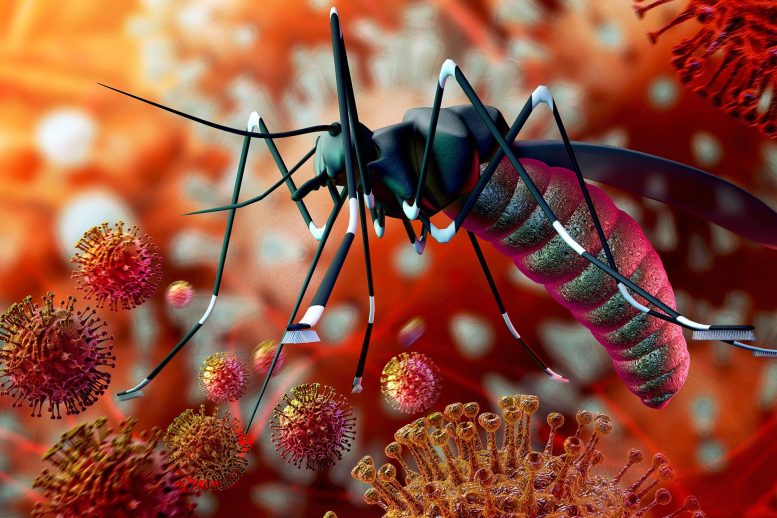
Malaria is a potentially life-threatening infectious disease caused by a parasite transmitted through the bites of infected mosquitoes. It affects millions of people, primarily in developing countries, and is a leading cause of death and disease worldwide. Symptoms of malaria include fever, chills, and flu-like symptoms, and it can lead to severe complications and even death if not promptly diagnosed and treated.
In the crowded streets of Korogwe, Tanzania, an expectant mother is navigating the throngs of people, waving her hand in an attempt to shoo away the mosquitoes. She is acutely aware of the risks posed by malaria, a disease that poses a significant threat to pregnant women, particularly in sub-Saharan Africa, and is one of the leading causes of death among this vulnerable population.
This scenario, though imagined, is a daily reality for millions of expectant mothers globally. If they contract the disease, both the mother and her unborn child face a significant risk of mortality.
Malaria increases the risk of premature birth and low birth weight. The infant mortality rate is three times as high for children born at term with low birth weight and up to 10 times as high for children born prematurely with low birth weight.
Malaria is a parasitic infectious disease that spreads to humans through bites from infected mosquitoes. Even though history has seen many efforts to control and eradicate malaria, it continues to be a serious global health problem with 247 million new cases and 619,000 deaths in 2022, according to the World Health Organization (WHO).
Unfortunately, the malaria parasite has developed resistance to certain types of antimalarial drugs, and the WHO is therefore looking for alternative treatments.
They are getting help from a group of Danish researchers. Together with the EU-funded international consortium IMPROVE, they have studied a new drug to prevent malaria. The promising results have been published in the esteemed journal The Lancet.
“Our study shows that the new drug we have tested has a unique ability to prevent malaria. But we also learned that pregnant women benefit unexpectedly from an existing drug, even though resistance to this drug is high in some areas,” says Associate Professor Michael Alifrangis from the Centre for Medical Parasitology (CMP) at the University of Copenhagen.
Just under 5,000 pregnant women from Kenya, Tanzania, and Malawi in East Africa participated in the study. Some of the women were treated with the new, promising drug for prevention, dihydroartemisinin-piperaquine (DP), while others were given the common, recommended drug called sulfadoxine-pyrimethamine (SP).
“We expected DP to be so effective against malaria that we would be able to advise the WHO to exchange SP for DP. But the study showed that SP appears to protect women from sexually transmitted and reproductive tract infections (STIs and RTIs),” says Postdoc and Doctor Christentze Schmiegelow from CMP.
The solution may be a combination
The history of malaria can be traced back to ancient civilizations of Africa, Asia, and South America, and the first effective treatment was quinine, first extracted from the bark of the cinchona tree in Peru in the 17th century. Since then, the world has seen various types of malaria drugs, including SP.
Unfortunately, parts of sub-Saharan Africa are seeing an increase in SP-resistant parasites. Researchers, therefore, need to find alternative ways of preventing and treating malaria in pregnant women.
And according to the results of the new study, the new (malaria) drug is very promising, and so, more tests have been launched.
“Right now, there are other clinical studies underway to see whether it is possible to combine the two drugs, SP and DP. The problem is getting pregnant women to take two types of medication instead one. This may prove a challenge,” says Christentze Schmiegelow.
The researchers know from experience that women are reticent about taking several types of medication at once due to fear of side effects or negative interaction with the medication they are already taking. In addition, the healthcare system may object to buying two drugs instead of one. SP is cheap, but DP is not. But of course, the expenses should be compared to the costs of women and infants falling ill or dying.
The new study is an important contribution to our understanding of which measures effectively prevent and treat malaria in pregnancy, Michael Alifrangis concludes.
Enter your journal: Reference: “Effect of monthly intermittent preventive treatment with dihydroartemisinin–piperaquine with and without azithromycin versus monthly sulfadoxine–pyrimethamine on adverse pregnancy outcomes in Africa: a double-blind randomised, partly placebo-controlled trial” by Mwayiwawo Madanitsa, Hellen C Barsosio, Daniel T R Minja, George Mtove, Reginald A Kavishe, James Dodd, Queen Saidi, Eric D Onyango, Kephas Otieno, Duolao Wang, Ulla Ashorn, Jenny Hill, Crispin Mukerebe, Samwel Gesase, Omari A Msemo, Victor Mwapasa, Kamija S Phiri, Kenneth Maleta, Nigel Klein, Pascal Magnussen and Feiko O ter Kuile, 10 March 2023, The Lancet.
DOI: 10.1016/S0140-6736(22)02535-1

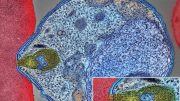

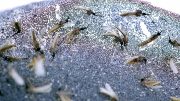
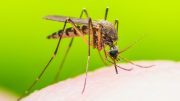


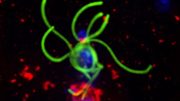
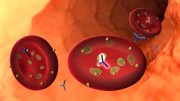
Be the first to comment on "New, Very Promising Drug Has the “Unique Ability To Prevent Malaria”"